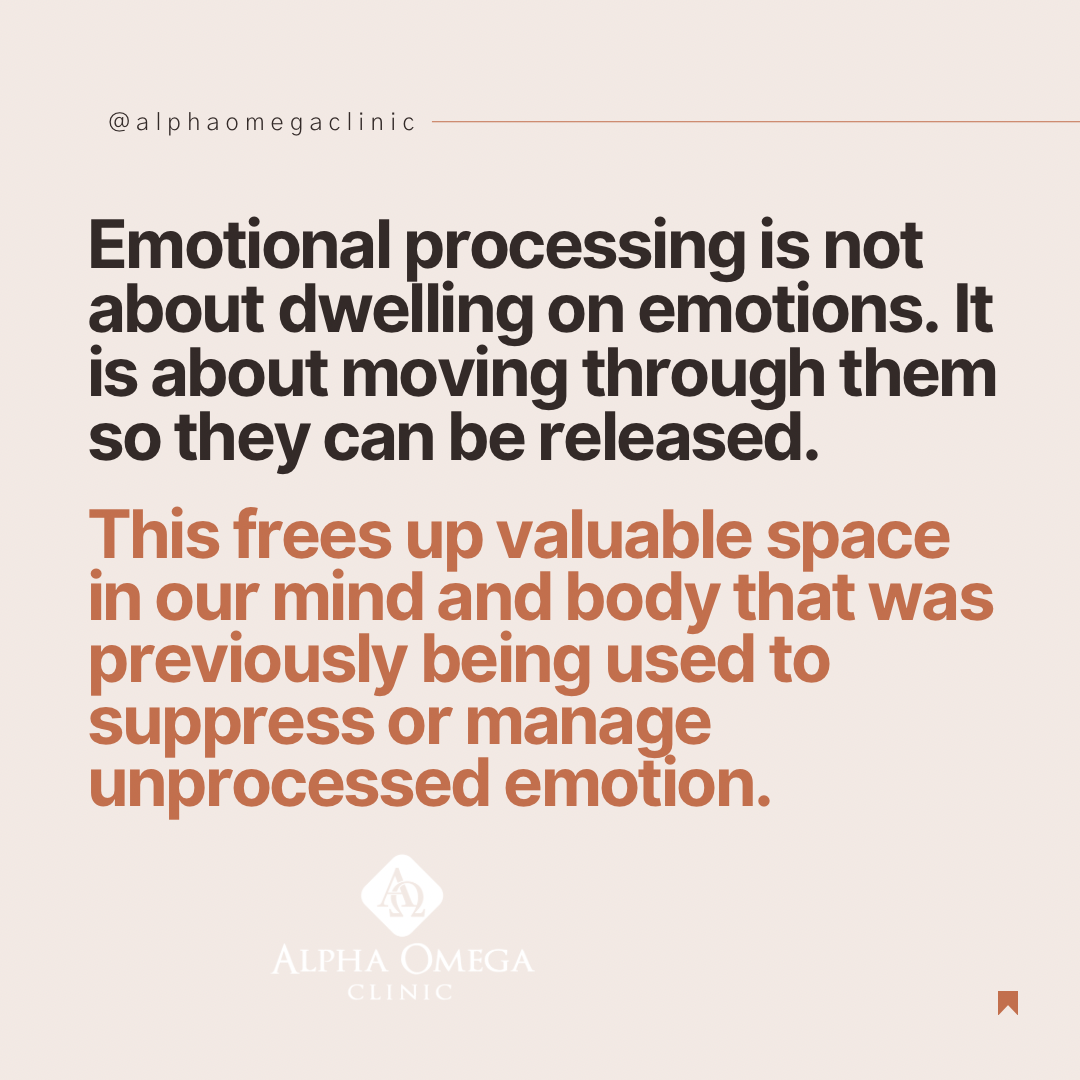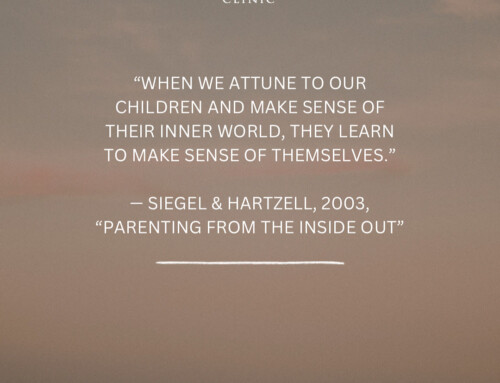It may seem counterintuitive but, the initial increase in focus and attention required to effectively process emotions actually allows us to spend less time and energy dealing with them in the long run.
From a neurological perspective, this has to do with how our limbic system functions. Without a secure template for dealing with emotions, the limbic system will work in defense of itself. This can lead to hyper vigilance (excess fear/anxiety) or hypo vigilance (excess depression/despair). When this happens, we tend to be more reactive and less flexible both in how we act and think.
We can assess our window of tolerance for processing by noticing how long we can stay with an emotion before becoming self protective (fight, flight, freeze). This is a dynamic reality and many factors impact our day-to-day tolerance but generally speaking we have a range that can be identified. Once identified, we can start to stretch that window by engaging our emotions in new ways.
The main task in becoming an effective emotional processor is consciously taking responsibility for regulating unconscious body processes. This starts with deepening engagement with self experience in a way that calms the body. Change involves creating new experiences using our own emotions as the agent of change. In doing so, we create new mind models of ourselves as confident, secure, and capable.
Want more ways to receive this content? Follow us on Instagram or Facebook or subscribe to our e-newsletter.
* The information provided is for self-enrichment and not intended to replace any necessary mental health treatment.
Warmly,
Jonathan Dixon, LMFT
Alpha Omega Team




